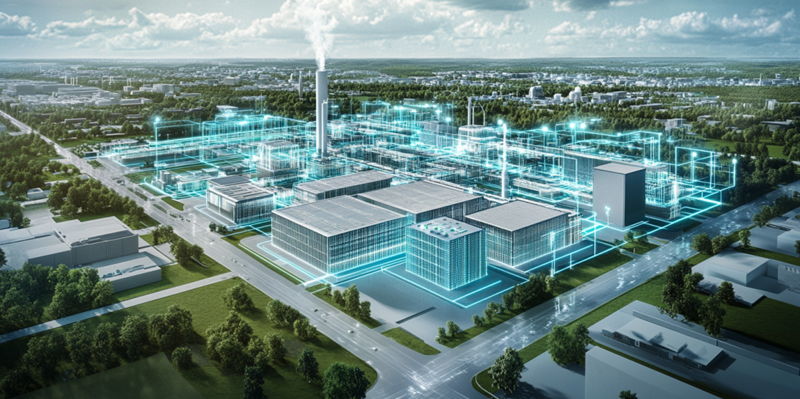The rapid growth of artificial intelligence (AI) and generative AI (GenAI) data centers is causing a significant increase in power consumption, with projections indicating that by 2027, these facilities will encounter substantial operational constraints due to insufficient power availability. According to Gartner, a leading research and advisory company, current AI data centers are expected to face a 40% shortfall in power supply, primarily due to the explosive expansion of hyperscale facilities needed to support GenAI. This surge in demand is placing immense strain on utility providers’ capacity and highlighting the urgent need for strategic energy planning.
Projected Energy Demand and Constraints
The anticipated energy needs of AI data centers by 2027 are staggering, with annual consumption expected to reach 500 terawatt-hours, which is 2.6 times higher than in 2023. Bob Johnson, a Gartner VP analyst, has raised concerns that this escalating power demand will hinder the development of new data centers and limit the scalability of GenAI. As a result of these constraints, electricity prices are likely to rise, prompting major power users to secure long-term, independent energy sources to mitigate costs. This power shortage poses a significant threat to sustainability goals, as increasing reliance on fossil fuels to meet immediate energy demands conflicts with efforts to reduce CO2 emissions.
The potential for a 40% power supply shortfall underscores the necessity for organizations to revisit their energy strategies and sustainability goals. One of the recommendations from Gartner includes entering into long-term power agreements and exploring alternative approaches such as edge computing, which can help distribute computing power more efficiently and reduce overall energy demands. By taking these steps, organizations can better manage the impending energy crisis and ensure the continued growth and operation of their AI and GenAI data centers.
Impact on Sustainability and Energy Strategies
The rapid advancement of artificial intelligence (AI) and generative AI (GenAI) data centers is causing a significant increase in power consumption. Projections suggest that by 2027, these facilities will face major operational challenges due to a lack of sufficient power. Gartner, a leading research and advisory company, has reported that AI data centers are expected to experience a 40% power supply shortfall. This issue is largely driven by the massive growth of hyperscale facilities necessary to support GenAI. The spike in demand is putting enormous pressure on utility providers’ capacities and emphasizing the critical need for effective energy management strategies. To ensure the sustainability of these vital data infrastructures, it will be essential to develop innovative solutions to address the looming power shortage. Without strategic energy planning, the continued expansion of AI technologies could be severely hampered, impacting advancements across various industries that rely on AI and GenAI capabilities.

